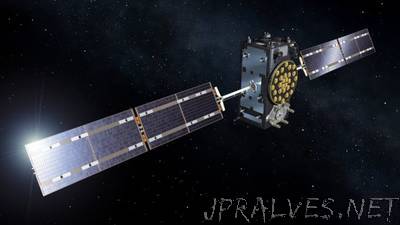
“Across the 18 satellites now in orbit, nine clocks have stopped operating. Three are traditional rubidium devices; six are the more precise hydrogen maser instruments that were designed to give Galileo superior performance to the American GPS network. Galileo was declared up and running in December. However, it is still short of the number of satellites considered to represent a fully functioning constellation, and a decision must now be made about whether to suspend the launch of further spacecraft while the issue is investigated. Prof Jan Woerner, the director general of the European Space Agency (Esa), told a meeting with reporters: “Everybody is raising this question: should we postpone the next launch until we find the root cause, or should we launch?”
